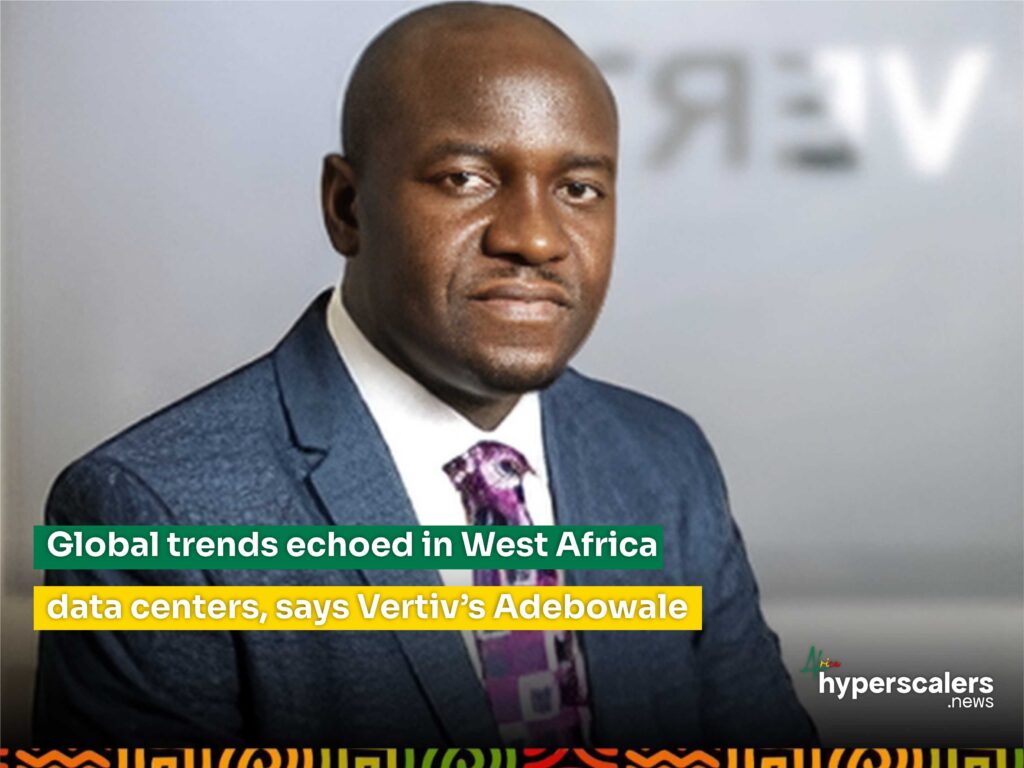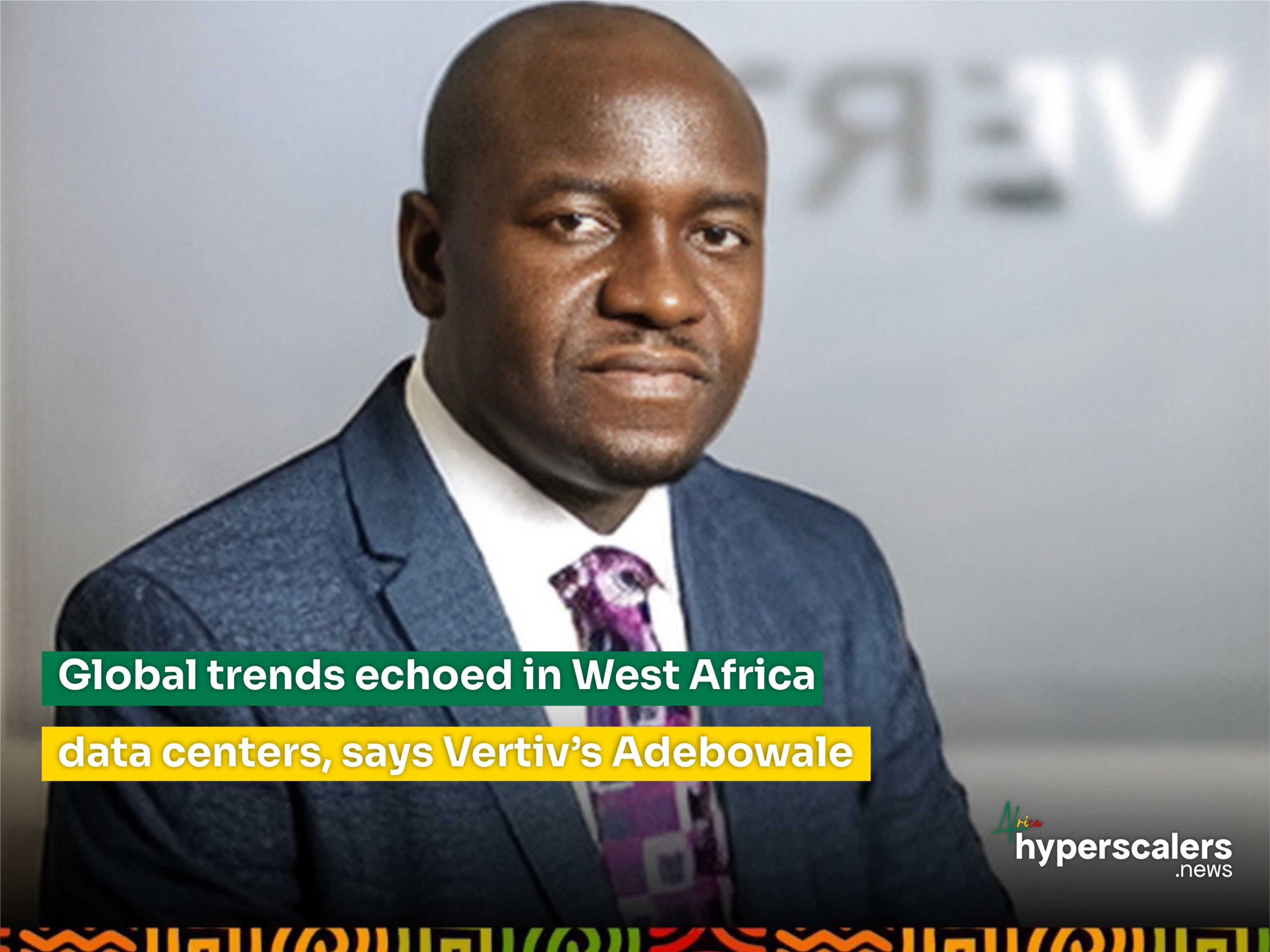Organizations worldwide are grappling with an explosion of data across distributed sites and environments, requiring them to be more agile and responsive than ever before. However, using legacy infrastructure is a big challenge for global operators, as well as businesses in West Africa.
Gbenga Adebowale, Enterprise Sales Director for Central Africa at Vertiv, a global provider of critical digital infrastructure and continuity solutions, shared this insight at the West African leg of Vertiv’s ‘Accelerate’ events. Speaking to Nigerian and Ghanaian organizations, Adebowale explained that local businesses face challenges similar to their global counterparts, but with the added complexity of unstable power supply and rising operational costs, further complicating efforts to integrate, monitor, and manage data more efficiently.
“Part of the answer lies in harnessing the power of intelligent infrastructure, which helps overcome complexity, improve efficiencies, and accelerate data management,” Adebowale said.

Eben Owen, Senior Business Director for Anglophone Africa at the Uptime Institute, a guest speaker at the Nigerian Accelerate event, supported Adebowale’s statements, citing findings from the Uptime Institute’s 14th Annual Global Data Center Survey. This comprehensive study, which included responses from over 850 data center owners and operators—ranging from the world’s largest IT organizations to nearly 700 vendors and consultants—also revealed trends common across the global data center industry.
The survey found that data center owners and operators are increasingly focused on improving energy performance while grappling with staffing shortages. Additionally, government commitments to reduce carbon emissions are driving new regulations around data center energy use, necessitating urgent investment and action.
Owen explained, “The survey has revealed that digital infrastructure managers are most concerned with improving energy performance and dealing with staffing shortfalls. At the same time, government regulations on carbon emissions are approaching their deadlines, requiring significant investment and attention.”
He also noted that many organizations remain cautious about using the public cloud for mission-critical applications, with data security being their primary concern. “Two-thirds (65 percent) of respondents to the survey are not hosting any mission-critical applications in the public cloud, preferring to operate their own data centers for greater control. Respondents also believed their data centers were less likely to experience outages compared to public cloud operators.”
Owen pointed out that concerns within Africa’s data center industry align closely with global trends, highlighting shared challenges such as energy efficiency and data security.
In Nigeria, the information and communication technology (ICT) sector is expanding rapidly and is driven by industries such as oil and gas, financial services, and fintech. The rollout of 5G and advances in cloud computing infrastructure are creating new opportunities for data centers. As a result, the local data center market is projected to grow significantly, reaching USD 646 million by 2030, up from USD 250 million in 2023.
In Ghana, the ICT services market is also growing steadily, playing a key role in the country’s economic development. According to the Ghana Investment Promotion Center, Ghana’s ICT sector is valued at approximately 1.5 billion Ghanaian cedis (around USD 96 million) annually and is expected to continue its growth trajectory.
“Against this encouraging backdrop, Vertiv is committed to supporting the local data center industry across West Africa,” Adebowale said. “Vertiv addresses the most pressing challenges facing today’s data centers, communication networks, and commercial and industrial facilities with a portfolio of power, cooling, and IT infrastructure solutions and services.”
“Vertiv powers and cools the data that drives the world,” he added. “As Africa experiences significant growth in its data center market, we remain committed to supporting the continent’s evolving requirements for data storage, networking, and compute power.”





